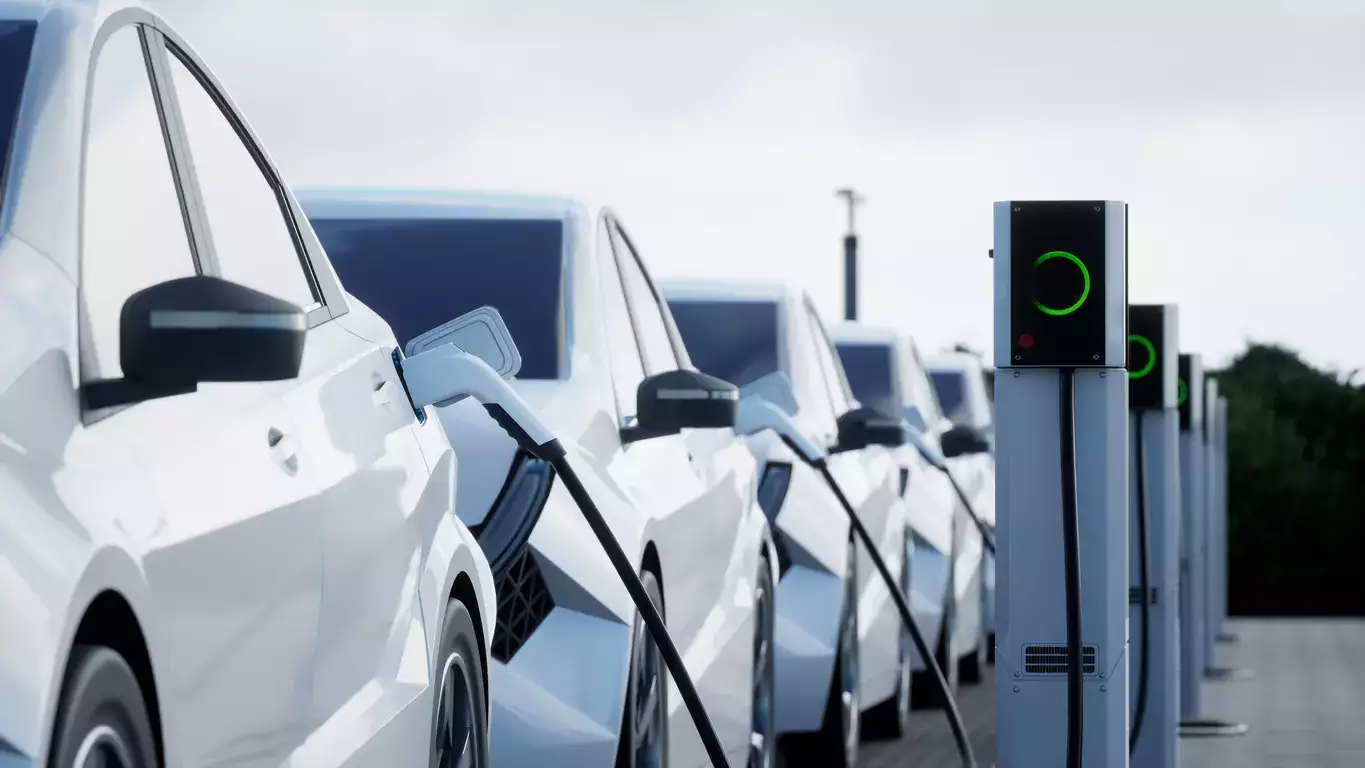
According to a report in the Times of India, India has applied to the United Nations' International Seabed Authority (ISA) for a license to explore the Carlsberg Ridge and Afanasy-Nikitin Seamount (ANS) — two regions at opposite extremes of the Indian Ocean — for minerals such as cobalt and manganese. These minerals are used to producing batteries for electric vehicles and solar panels.
Reportedly, China has also shown its interest in exploring mineral resources in the Indian Ocean. "We are aware that China and other countries are also eyeing these regions. So, for us, it is not only about mineral resources but also about strategic importance," M Ravichandran, Secretary of the Ministry of Earth Sciences, told TOI.
India currently holds licenses to explore two regions in the Indian Ocean. The first license, signed on March 25, 2002, and expiring on March 24, 2027, allows exploration of polymetallic nodules in the central Indian Ocean, approximately 6,000 km from the Indian coast at a depth of 6 km. The second license, signed on September 26, 2016, and expiring on September 25, 2031, permits exploration of polymetallic sulphides at the Rodriguez Triple Junction in the southern Indian Ocean, where three tectonic plates meet near Mauritius.
As per Sunil Kumar Singh, Director of the National Institute of Oceanography (NIO), of the 71 million sq km Indian Ocean region, 300,000 sq km have been mapped since the 1980s. These surveys, submitted to the ISA, include a 150,000 sq km area with polymetallic nodules, which are potato-shaped minerals lying on the seabed containing manganese, nickel, cobalt, copper, and iron hydroxide.
"In the 1980s, we recruited scientists to study polymetallic nodules in the Indian Ocean with the hope that one day there will be technology to explore these regions," says Singh. Exploration begins with ship-based studies, followed by preliminary sampling, autonomous underwater vehicle studies, and remotely operated vehicle studies, according to Thamban Meloth, Director of the National Centre for Polar and Ocean Research. A parallel study assesses biological life in the ocean and the environmental impact of mining activity.
In the two regions being explored, Indian researchers have initiated test mining in an 18,000 sq km area in the Central Indian Ocean, part of the 75,000 sq km allotted for Indian exploration of polymetallic nodules. This involves developing and testing equipment to extract and harvest minerals without disturbing the environment. The Chennai-based National Institute of Ocean Technology (NIOT) is developing an integrated mining system, including a 5 m long crawler, crusher, and pumping system.
NIO researchers have identified 380 million tonnes of polymetallic nodules, including 1.5 million tonnes of cobalt, in the 75,000 sq km region in the central Indian Ocean.
India currently heavily depends on imports for minerals such as cobalt from the UK, China, and Norway. With the demand for critical minerals surging, tapping high-quality minerals from the largely unstudied oceans may be the last option.
Disclaimer: The copyright of this article belongs to the original author. Reposting this article is solely for the purpose of information dissemination and does not constitute any investment advice. If there is any infringement, please contact us immediately. We will make corrections or deletions as necessary. Thank you.





